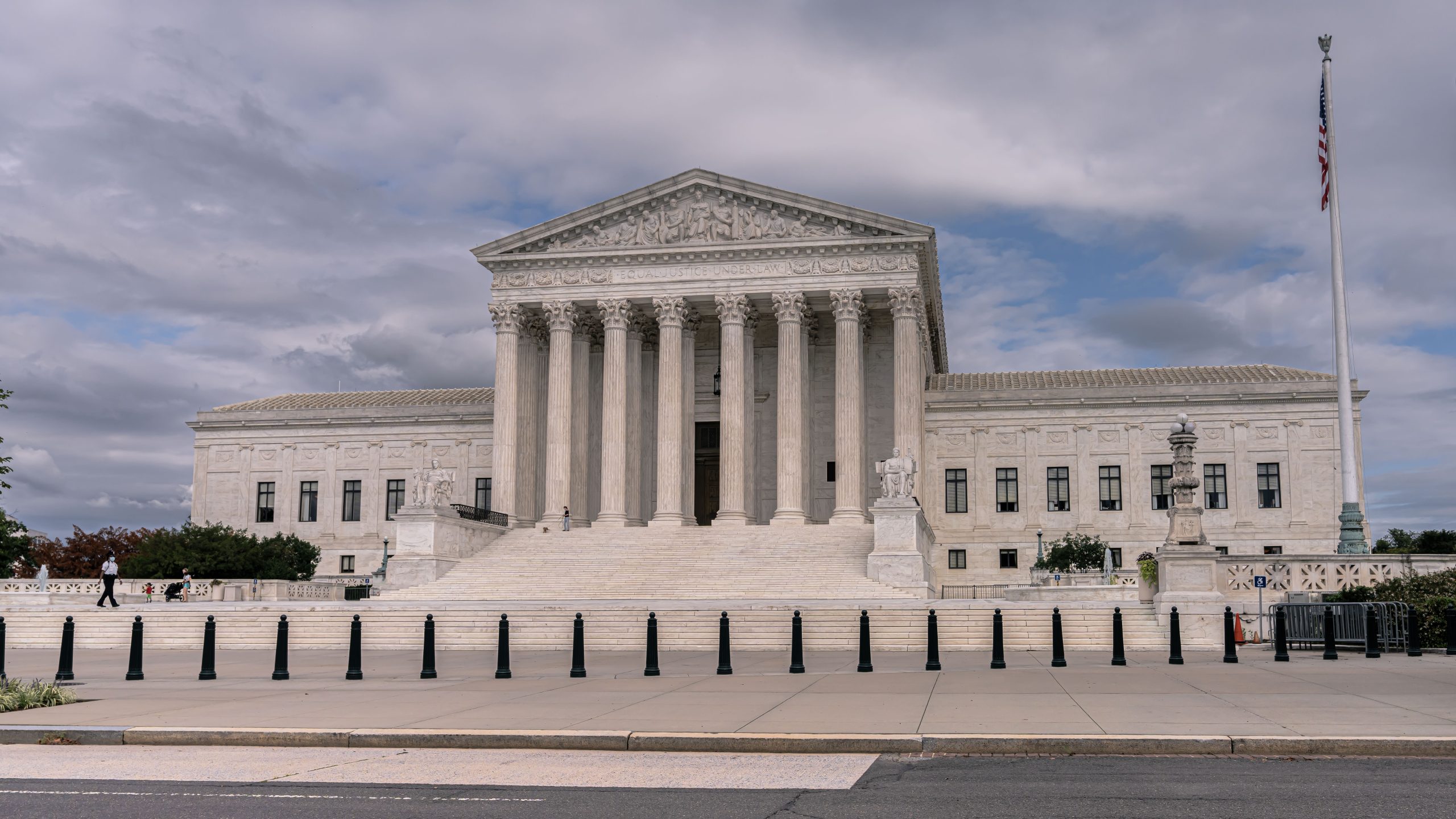
Vicky Arias, FISM News
[elfsight_social_share_buttons id=”1″]
The Supreme Court this week will hear arguments in two cases on whether or not big tech holds any degree of liability for two separate Islamic State terrorist attacks that occurred in Paris in 2015 and Istanbul in 2017.
The two cases before the Supreme Court are Gonzalez v. Google LLC, which will be heard on Tuesday, and Twitter, Inc. v. Taamneh, which will go before the court on Wednesday.
In Gonzalez v. Google, the family of Nohemi Gonzalez alleges that Google, through its YouTube platform, permitted an algorithm to go unchecked in allowing ISIS-related content to be recommended to individuals thought to have an interest in such material.
Gonzalez was murdered in Paris in 2015 when the Islamic State terror organization carried out an attack that killed 130 individuals. According to Yahoo News, “Google, the owner of YouTube, willingly allowed the Islamic State group to post hundreds of videos that helped incite violence and recruit potential supporters.”
TWITTER V. TAAMNEH
In Twitter v. Taamneh, the family of Nawras Alassaf alleges that Twitter, Facebook, and Google, are liable for assisting ISIS in international terrorism because of the platforms’ “failure to do more to stop terrorists from misusing their widely available services.”
Alassaf was killed in January 2017 after an Islamic State attack on a nightclub in Istanbul killed 39 people. According to SCOTUSblog, the victim’s “family [claims] that Twitter and the other tech companies knew that their platforms played an important role in ISIS’s terrorism efforts but, despite extensive press coverage and government pressure, did not act aggressively to keep ISIS content off those platforms.”
COMMUNICATIONS DECENCY ACT OF 1996
One of the key questions before the court in the Gonzalez case is the legal protections afforded to big tech companies under Section 230, which is a subsection in the Communications Decency Act of 1996.
The law was made at a time when internet usage was in its nascent years and was an attempt by lawmakers at the time to encourage its growth and protect the rights of free speech.
Per Pew Research, “in 1995…[just] 14% of U.S. adults [had] internet access … To put things into further perspective, 42% of U.S. adults had never heard of the internet and an additional 21% were vague on the concept — they knew it had something to do with computers and that was about it.” Comparatively, according to Statista, “as of 2023, approximately 92 percent of individuals in the United States accessed the internet.”
Specifically, Section 230 provides liability protections to internet platforms by not holding interactive computer services responsible for content posted by third parties.
Computer services, according to the code, are not to be treated as publishers of content. It dictates that “no provider or user of an interactive computer service shall be treated as the publisher or speaker of any information provided by another information content provider.”
The fact that the platforms aren’t treated as publishers has allowed them, in the view of those calling for the reform of Section 230, to skirt responsibility for allowing illegal information and materials to exist on their platforms.
The extent of the protections afforded to internet platforms in Section 230 has been the subject of intense debate in recent years with many calling for its reform.
The American Principles Project explains that “Section 230 … was sold to the American people as a necessary legal protection to remove pornography and obscenity from the internet while also giving free speech the opportunity to flourish … [however] it’s clear that the opposite has occurred: big tech platforms are removing free speech from the internet, while pornography and obscenity are flourishing like never before.”
Senator Josh Hawley (R-Mo.) filed an amicus brief in favor of the Gonzalez family. In it, he stated that “Google, with the knowledge that ISIS was using its platform for recruitment, continued to operate the algorithms that spread unlawful content.”
Hawley also asked where the line should be drawn with regard to distributing versus publishing information.
“Treating Section 230 as a totalizing shield collapses an important distinction,” Hawley stated. “What about cases where internet platforms distribute, but do not publish, content that they know or should have known is illegal?”
